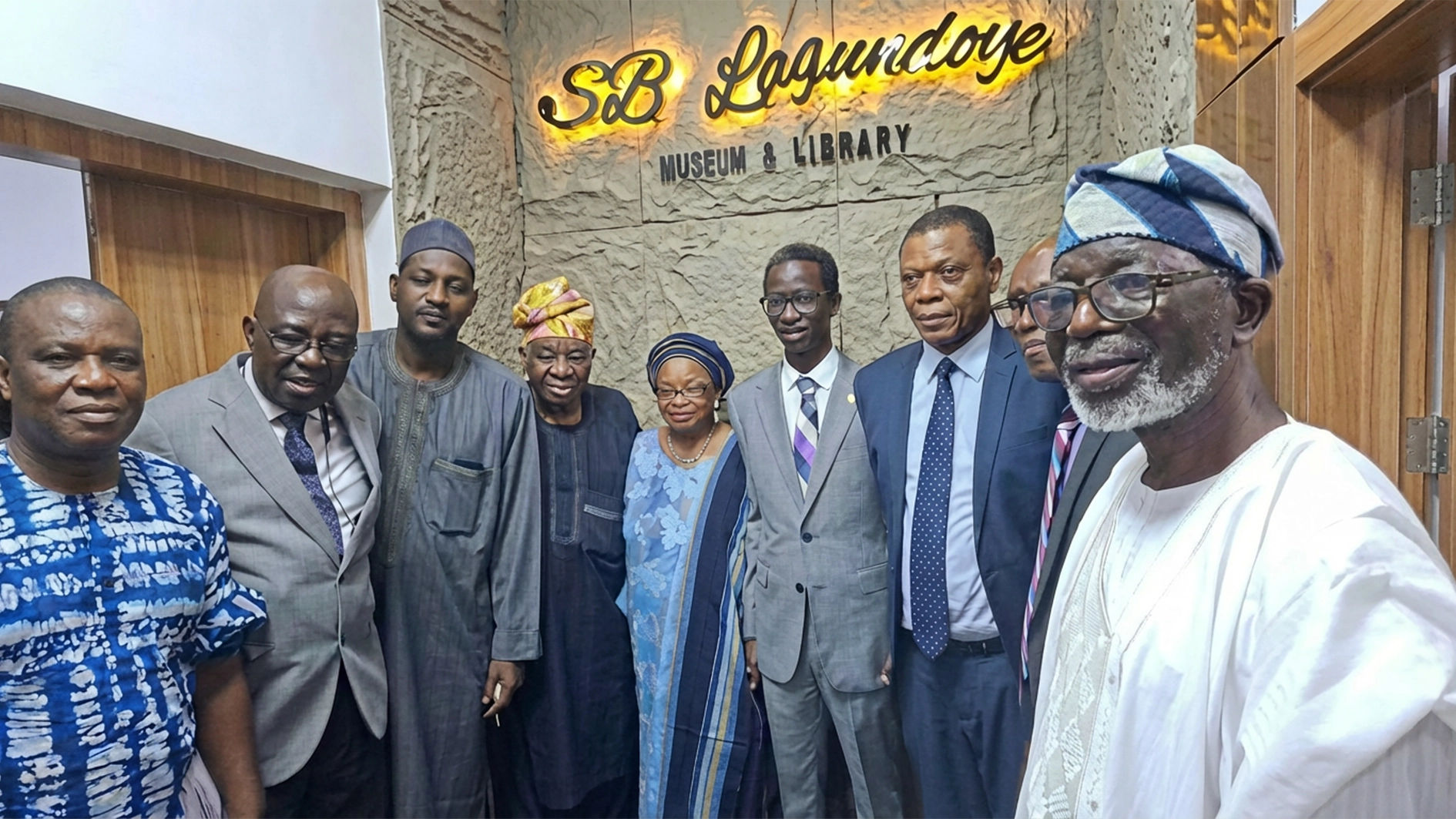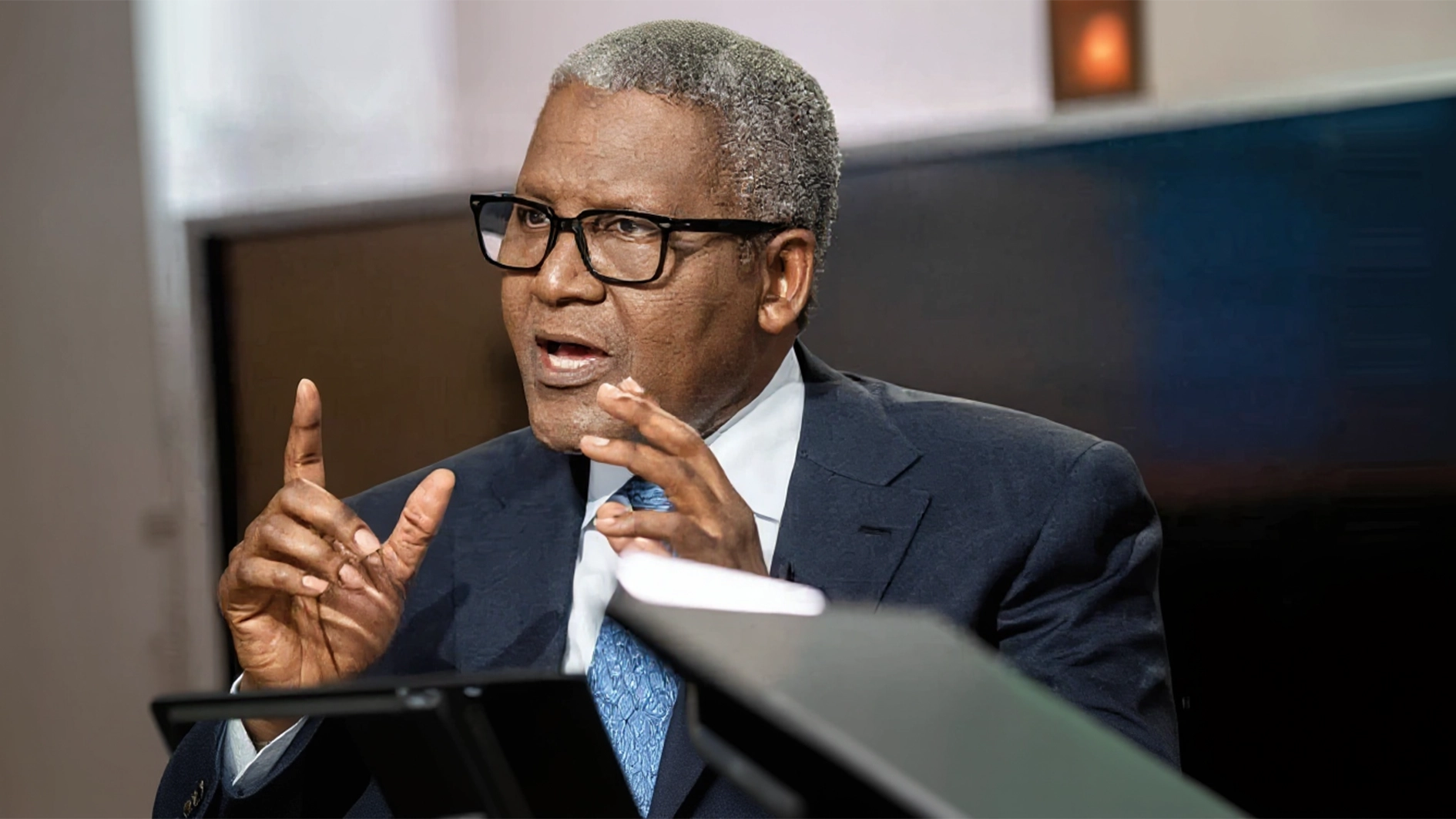- … As institutions to handle up to N10bn procurements
The federal government has unveiled an extensive initiative to overhaul the procurement process in the country’s education sector and ensure that all tertiary institutions are linked to high-speed broadband through the Nigerian Research and Education Network (NG-REN) by 2026.
Minister of Education, Dr Tunji Alausa stated this on Tuesday in Abuja at a joint meeting with the Bureau of Public Procurement (BPP), heads of federal tertiary institutions, bursars, procurement directors, and heads of education agencies.
He explained that the initiatives form part of the Federal Government’s broader strategy to enhance transparency, efficiency, and digital accessibility throughout the country’s education system.
Alausa described the meeting as “a crucial step toward realizing President Bola Tinubu’s Renewed Hope Agenda for Education,” emphasizing the government’s commitment to ending the long-standing issues of uncoordinated procurement processes and inconsistent internet connectivity in federal institutions
“We cannot continue to operate in silos or allow wasteful spending when technology can bring efficiency, transparency, and connectivity to our institutions,” the minister said. “From 2026, every federal tertiary institution in Nigeria will be subscribed to the NG-REN platform using a coordinated funding mechanism through TETFund. No institution will be left behind.”
The minister unveiled a new Procurement Guideline for Tertiary Institutions, jointly developed by thel Ministry of Education, the Bureau of Public Procurement (BPP), and the Infrastructure Concession Regulatory Commission (ICRC).
The guideline, he said, clearly outlines the approval thresholds and responsibilities of institutional procurement officers to reduce delays and ensure due process.
“For the first time, we now have a single procurement document tailored to the peculiarities of the education sector,” Dr. Alausa explained.
“Procurements up to N10 billion will now be handled at the institutional level, while projects above that threshold will be approved by the Ministerial Project Approval Board,” he said.
The minister commended the Director-General of the BPP for his leadership in promoting transparency and digital efficiency, noting that the new process would “make government work faster, simpler, and cleaner.”
Alausa highlighted the central role of technology in expanding access to education, noting that his Ministry has identified power and internet connectivity as the two greatest barriers to effective learning and research.
To address the latter, he reaffirmed the government’s commitment to strengthen the Nigerian Research and Education Network (NG-REN) , a broadband platform interconnecting universities, polytechnics, colleges, and research institutions nationwide.
“The NG-REN is not just about providing internet. It is about linking all our institutions together to share knowledge, research data, and innovation seamlessly, “he said.
The Minister revealed that the government, through the Tertiary Education Trust Fund (TETFund), is already working with the National Universities Commission (NUC), and other partners to integrate NG-REN with the Tertiary Education Research and Applications System (T-ERAS), a digital platform that automates TETFund interventions, subscriptions, and monitoring processes.
He disclosed that the ministry has secured a single ICT project clearance from the National Information Technology Development Agency (NITDA), for 2025, a move that will streamline ICT procurement across all tertiary institutions.
“With TERAS, institutions can process interventions, track projects, and access information directly from their mobile phones,” the minister noted.
“This enhances transparency, reduces bureaucratic delays, and ensures better accountability in how public funds are used, “he added.
The minister also directed TETFund and the NG-REN management to work closely with private institutions to ensure that the benefits of the national education network extend beyond public universities.
He said the ministry would collaborate with the Ministry of Communications, the World Bank, and NITDA to expand fiber-optic infrastructure to campuses nationwide.
“The government is providing an end-to-end digital backbone for our education sector. Institutions without fiber connectivity should liaise with the relevant agencies immediately to be part of this transformative journey,” he instructed.
He urged stakeholders to view investment in education not as expenditure, but as the foundation of national growth.
Alausa reaffirmed that the reforms and digital expansion drive were part of a long-term strategy to modernize Nigeria’s education sector, improve governance, and deliver quality learning outcomes for the country’s youth.






